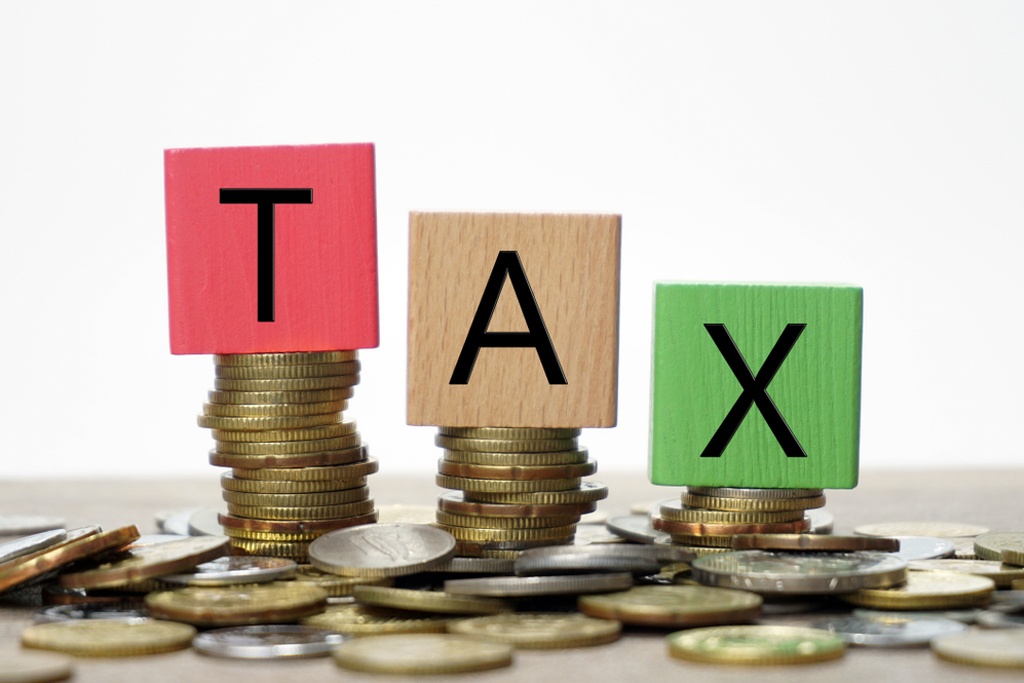Making a tax payment

IMPORTANT: This post is specific to New Zealand. If you are not a New Zealand business/taxpayer then it is probably not applicable to you.
There are several ways to make a tax payment to the IRD (no, you don’t send it to me).
- You can send a cheque to the IRD (if you can even find your chequebook) at Inland Revenue, PO Box 39050, Wellington Mail Centre, Lower Hutt 5045 (attach a note with IRD number, taxpayer name, Tax type and period end – see below). From October 2014 your cheque must be received by the IRD on time – it is no longer sufficient for it to be postmarked on time.
- you can drop in off to an IRD office (they have drop boxes, but don’t suggest you drop off cash; attach a note with IRD number, taxpayer name, Tax type, and period end – see below)
- online using a credit card or debit card (for an extra fee)
- But the most common way is to use your internet banking. Most banks have an option to make a tax payment (usually under the Payments area). If they don’t have this option you will need to enter the bank details in as a direct credit. You can see the details on the IRD’s Website.
Please note that you can no longer make payments at Westpac branches. To make a payment you need to know the following things (attach a note if sending a cheque by mail or dropping into the IRD):
- Tax Type – most systems have a list of more tax types than you knew exist. Choose the one your want (for Provisional tax payments choose Income Tax, and for monthly EMS payroll filing choose the Employer Deductions DED type, not PAYE payments)
- IRD Number – make sure that you put the correct IRD number for the entity whose tax you are paying (important if you are paying tax for your company – use that IRD number, not your personal number)
- Payer Name – the name of the entity whose tax you are paying
- Period End – (often on a second screen) the date that the tax period ends – for 2011 Terminal Tax payments this will be 31/3/11; for Oct-March GST returns it will be 31/3/12.
- Amount – obvious
- Payment Date – the date you want the payment made. If a payment date falls on a weekend or a holiday you have until the end of the next working day for the payment to arrive and be considered on time and avoid late penalties (but the actual date is used for purposes of calculating interest).
It’s a great practice to schedule your tax payments in advance as soon as you are advised of what they will be. We will try to remind you of payment due if we prepared the return, but ultimately the responsibility is yours to ensure it is paid on time. Penalties for paying late start at 1% for the first day, then another 4% about a week later. If you can not make a payment when it is due you can reduce penalties and possibly even interest by entering into a payment arrangement with the IRD. Talk to us, or call the IRD direct. Tax debt can cripple you and the IRD are not too eager to forgive debt at the moment.